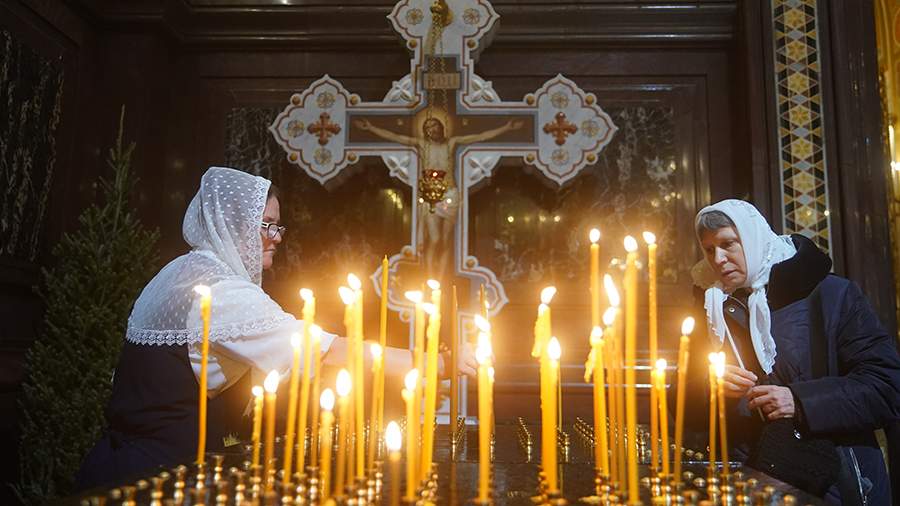December 12 - Paramon the Winterizer: history, traditions, omens

Every year on December 12, Orthodox believers honor the memory of the martyr Paramon of Bithynia. In 2024 it falls on a Friday. In the folk calendar, the holiday is called Paramon the Winterizer. About the history of the celebration, traditions and folk omens read in the material "Izvestia".
Paramon Zimopector in 2024 - the history of the holiday
St. Paramon lived in the III century in the Roman province of Bithynia in the north-west of Anatolia (Asia Minor) between the Bosporus Strait and the river Sangarius. Despite severe persecution, he openly professed faith in Christ.
Aquianus was governor of the province under Emperor Decius during that period. In 250 he imprisoned 370 followers of Christianity. Paramon, who was not among them, was not afraid to speak up in defense of his brothers and sisters in faith, for which he was cruelly executed with them.
Paramon had the opportunity to save his life, for this it was necessary to start worshipping pagan gods again, but the saint did not succumb to the exhortations of the executioners. For his steadfastness in faith, he became a symbol of steadfastness in the face of adversity.
Traditions and folk omens on Paramon Zimopazatelnaya
In the Russian folk calendar to the name of Paramon added the specification "Zimopazatel", because it was believed that the weather on this day predicts what kind of winter will be. "The morning is red - to be December clear," - said in Russia. Bad weather with a snowstorm foreshadowed prolonged precipitation and cold weather until Nikola the Winter, celebrated on December 19: "If it snows, the snowstorm will last seven more days".
In addition, the snow was used to predict the harvest for the next year. The higher the snowdrifts were, the more bread the peasants expected to harvest in summer.
It was also believed that a strong north wind on December 12 heralded a cold summer, and the south wind - warm and productive.
The main tradition of Paramon the Winterizer is the removal of snow from roofs. Villagers were sure that it should be done only with a broom or a broom, not with a shovel. During the work they would say: "Paramon has come - snow off the roof".
What you can and what you can not do on Paramon December 12
On Paramon Zimopazatel our ancestors tried to remember the departed relatives, as they believed that they can help in difficulties and protect from misfortune. It was considered a good omen to ask to borrow flour, salt or other household supplies. According to folk beliefs, a person who borrowed something from a neighbor would be happy, healthy and lucky all year long.
Paramonov's day was considered good for the completion of unfinished business, especially related to the household. But it was forbidden to be lazy on December 12. In Russia believed that on the holiday Winter personally goes to people and, wearing a bear skin, wanders through villages and hamlets, knocking on the windows, looking for owners who do not bother with the house. Idlers are punished with hardships and troubles.
Also on Paramon it was undesirable to conflict, quarrel with family members or neighbors, so as not to cause misfortune.
Earlier "Izvestia" told about the traditions and omens of St. George's Day.
Переведено сервисом «Яндекс Переводчик»


